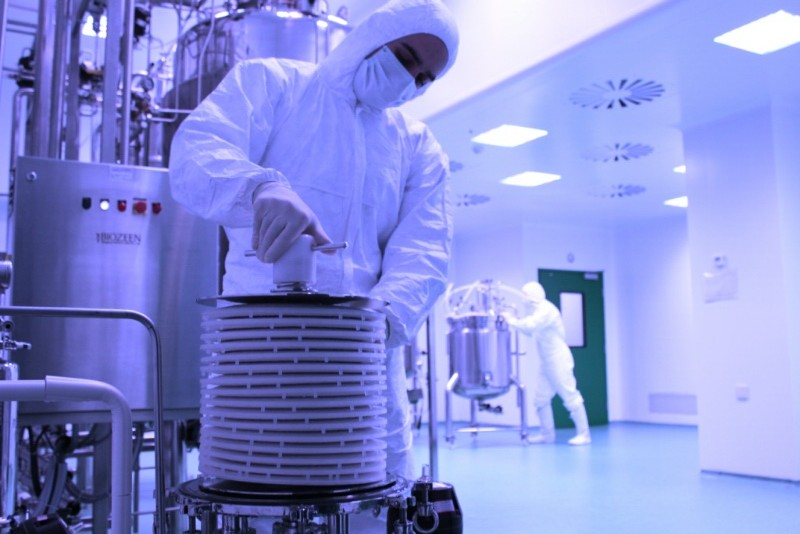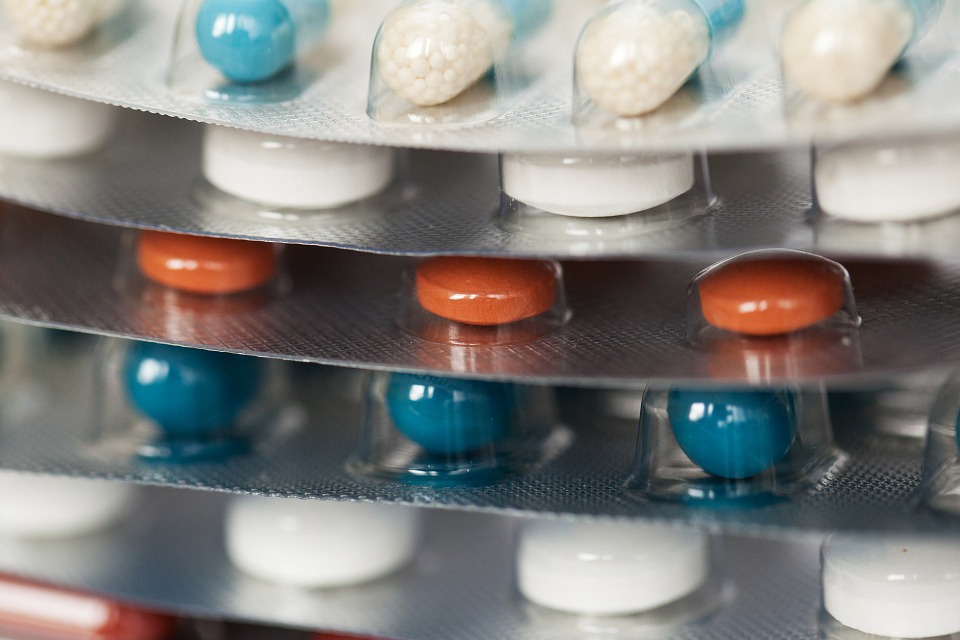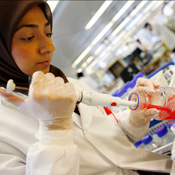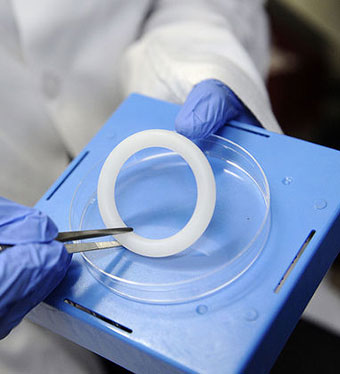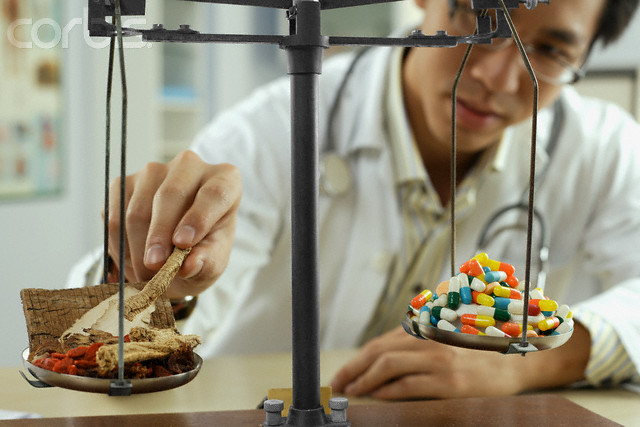The Future of Pharmaceuticals
The inter linking of medicine and technology is paving way for newer opportunities in pharmaceutical medication, surgery, and health monitoring. Medicine is increasingly being interspersed with fields such as computer science, nanotechnology and biotechnology to give hybrid fields that are slowly taking over traditional pharmaceuticals.
Some of these fields are set to redefine the future of pharmaceuticals.
Precision Medicine
Precision medicine is a field that attempts at discovering the biological basis of disease using clinical and molecular information of a patient, obtained by converting DNA into data through genome sequencing.
This data is used for identifying specific gene abnormalities that help understand which types of patients a drug would be most effective on, an...


